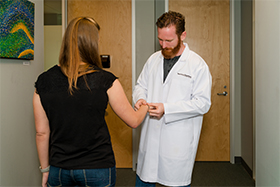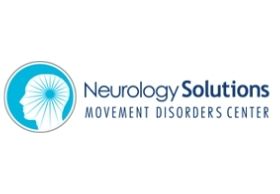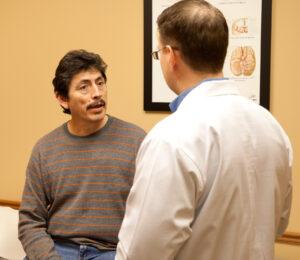
Treating Parkinson’s with Physical Therapy
Treating Parkinson’s with physical therapy is recommended to reduce stiffness and discomfort and to allow patients to continue to perform daily tasks and retain independence. PD experts agree that physical activity is beneficial to PD patients at all stages of their disease, including at early diagnosis.
Physical therapists trained in treating neurological conditions recommend exercises for people with PD aimed at improved balance and coordination, flexibility, endurance and strength. Read on for a Physical Therapy for PD Q&A.



